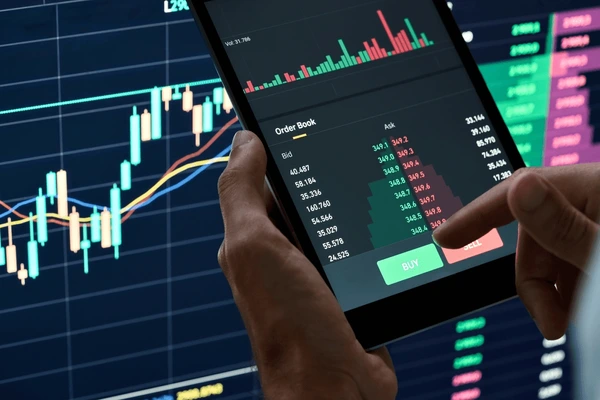How Global Markets Affect Tata Motors Stock Performance

The performance of Tata Motors share price is heavily influenced by the dynamics of global markets. As one of India’s leading automotive manufacturers, Tata Motors operates not only in India but also in multiple international markets. This makes the company’s stock sensitive to various global economic, political, and market trends. By understanding these global influences, investors can make more informed decisions regarding Tata Motors’ stock performance. For those seeking guidance, investment advisory services can provide valuable insights into how global factors affect Tata Motors and its stock price.
Global Economic Conditions
Tata Motors’ performance is closely linked to the overall health of the global economy. As a global player, the company depends on demand for automobiles in various countries, particularly in developed markets like the UK, Europe, and the United States. When these economies are performing well, consumers and businesses are more likely to purchase new vehicles, which boosts Tata Motors’ sales and, in turn, its stock price. Conversely, an economic downturn or recession in key markets can lead to a reduction in demand for vehicles, negatively impacting Tata Motors’ performance and its share price.
Currency Exchange Rates
As Tata Motors operates in several countries, its revenues are impacted by fluctuations in currency exchange rates. A strong Indian Rupee can reduce the competitiveness of Tata Motors’ products in foreign markets, as they may become more expensive for international buyers. On the other hand, a weaker rupee can make Tata Motors’ vehicles more affordable, potentially boosting sales abroad. The performance of the Tata Motors share price often reflects changes in currency exchange rates, especially in relation to major currencies like the US Dollar, Euro, and British Pound.
Commodity Prices
The cost of raw materials such as steel, aluminum, and rubber plays a critical role in Tata Motors’ production costs. These materials are sourced globally, and their prices are influenced by global supply and demand factors. For instance, an increase in the price of steel can raise the cost of manufacturing vehicles, squeezing profit margins for Tata Motors. Investors often track commodity price trends to anticipate potential impacts on Tata Motors’ profitability and share price. When global commodity prices rise, Tata Motors may face higher production costs, which could affect its earnings and stock performance.
International Trade Policies and Tariffs
Trade policies, including tariffs and import/export regulations, have a direct impact on Tata Motors’ international business operations. For example, a change in US trade policy that imposes tariffs on imported vehicles could impact Tata Motors’ sales in the US market. Similarly, trade tensions between countries or changes in trade agreements can disrupt supply chains and affect Tata Motors’ ability to deliver products efficiently. Any negative news regarding international trade policies can lead to volatility in Tata Motors share price, making it an important factor for investors to monitor.
Global Competition
Tata Motors faces intense competition from both international and local automakers. The performance of competitors, such as Volkswagen, General Motors, and Toyota, can influence Tata Motors’ market share and, subsequently, its stock price. If a competitor launches an innovative vehicle or performs better in key markets, it could erode Tata Motors’ sales. Conversely, if Tata Motors outperforms its competitors in global markets, it can see a boost in stock price.
Global Environmental and Regulatory Policies
The global shift toward environmental sustainability is another factor that impacts Tata Motors. Stringent emissions regulations and increased demand for electric vehicles (EVs) are shaping the future of the automotive industry. Tata Motors’ efforts to transition towards greener technologies and its performance in the electric vehicle market play a significant role in determining its stock price. News related to global regulatory policies regarding emissions and EV adoption can influence investor sentiment, impacting Tata Motors share price.
Conclusion
Tata Motors’ stock performance is influenced by a wide range of global factors, from economic conditions to trade policies and commodity prices. For investors looking to understand the broader context behind stock price movements, investment advisory services can help provide detailed insights. By keeping track of global market trends and understanding how they affect Tata Motors, investors can make more informed decisions regarding their investments in the company.



